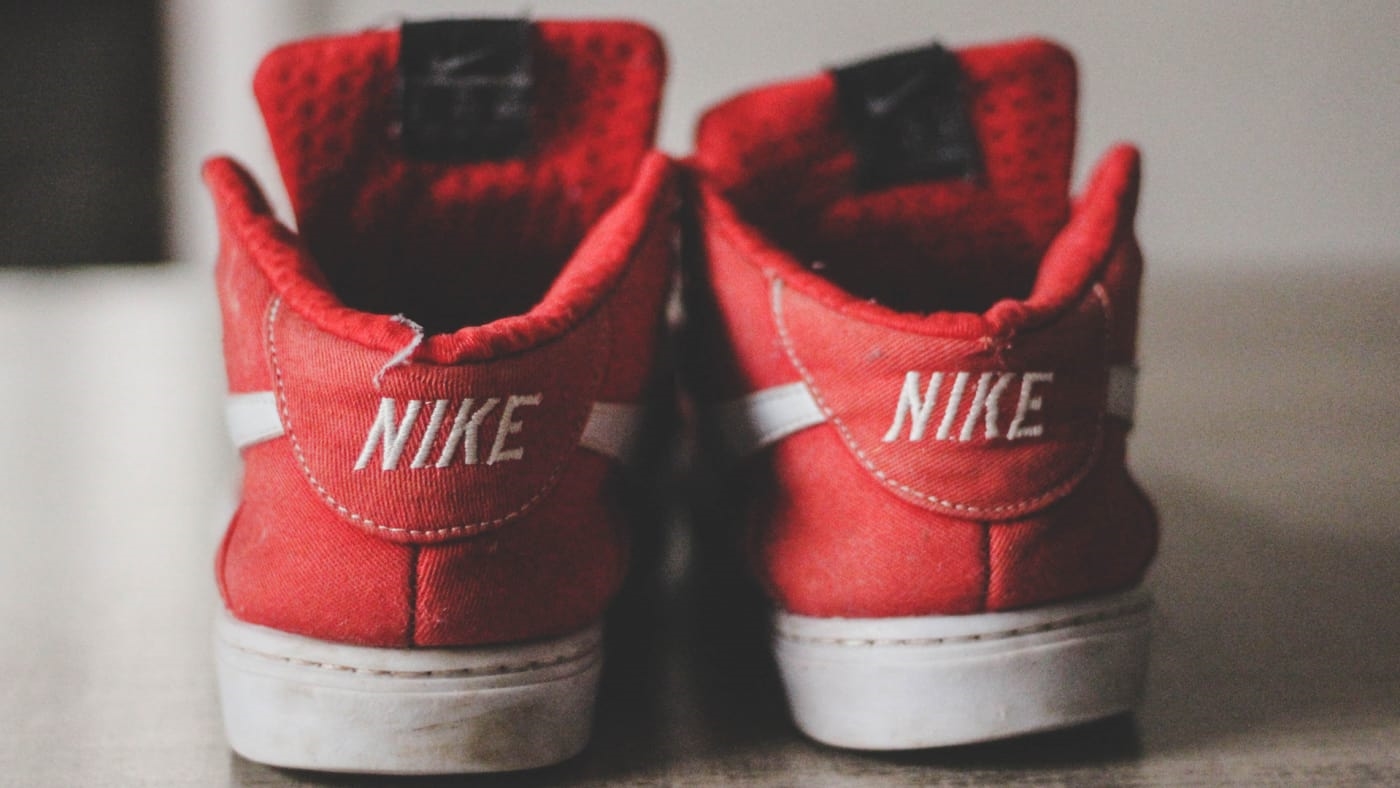5 things we learned about Nike’s toxic work culture this weekend
This weekend, the New York Times published an in-depth story on the toxic work culture at Nike. Over the last few weeks, a trickle of male executives have quietly left the athletic apparel giant in the wake of detailed allegations of sexism against female employees. This comes after the sudden departure of Trevor Edwards, the president of the Nike brand, on March 15. He was widely seen as the person most likely to replace Nike’s CEO, Mark Parker.
The Times‘s story involved interviews with 50 current and former reporters. Here are some of the important, previously undisclosed details:
A top executive green-lit an ad that featured a stripper and male athletes in sports bras: Edwards approved the campaign for the launch of the VaporMax shoe for women featuring British singer FKA Twigs. A rough cut featured a woman twirling on a stripper pole and male athletes in sports bras. The ad was eventually killed, but it ended up costing Nike millions. The incident is a compelling example of how Nike’s leadership failed to create campaigns that would resonate with women.
Nike’s HR reps were all too casual about discussing complaints with employees: One employee told human resources that her supervisor tried to kiss her in the bathroom. She was told to meet her representative at the Mia Hamm cafe, an open space on the Nike campus.
Nike sometimes fired employees by Powerpoint: In 2016, Nike stopped making golf balls, clubs, and other equipment. Employees working on these products were asked to come to a meeting, where they watched their names appear on a big screen directing them to different rooms where some of them were laid off. One person told the Times that it left employees with the feeling they were “let go via PowerPoint presentation.”
Men discussed strip clubs and referred to female genitalia in front of female colleagues: The report describes many examples of men creating a workplace culture that was demeaning to women. Three people recalled times when male bosses referred to people using “a vulgar term for women’s genitals” and another time when two male supervisors debated whether Los Angeles or Portland had better strip clubs, in front of female colleagues traveling with them.
A male boss called one of his female employees a “stupid bitch” and kept his job: The employee in question said that this boss also threw his car keys at her. After reporting the incident to human resources, the man continued to supervise her.
(18)



